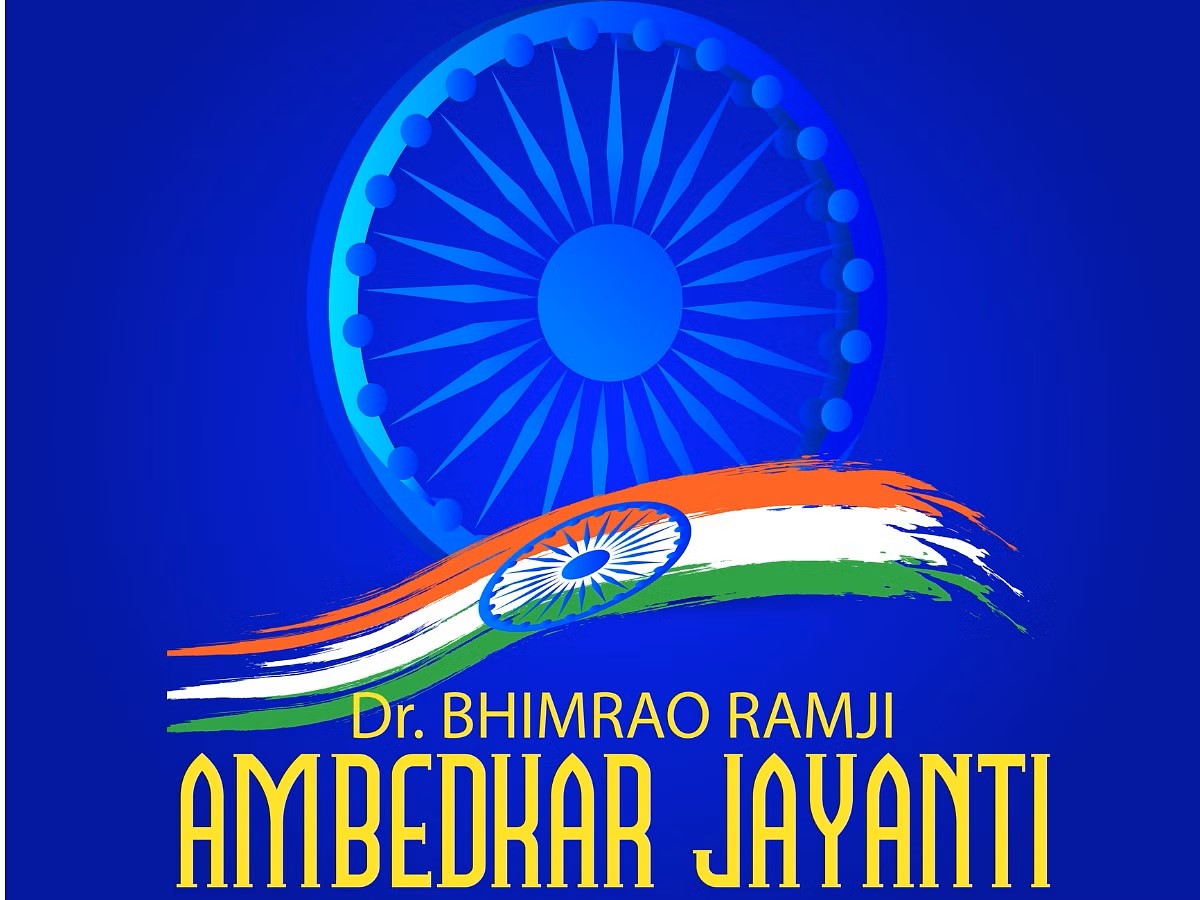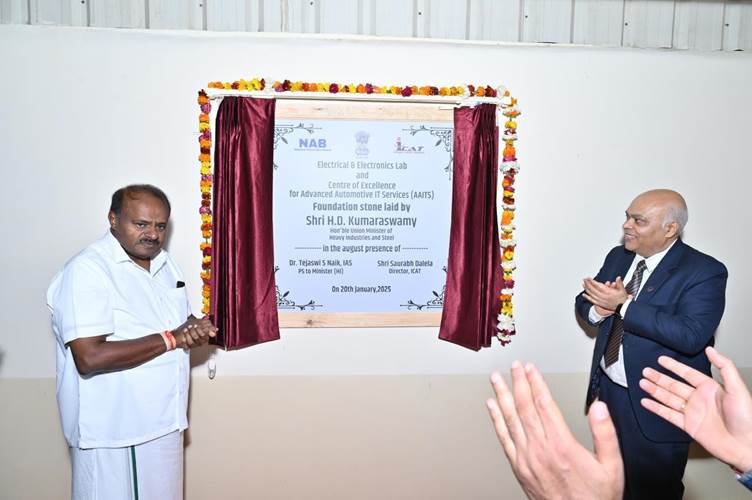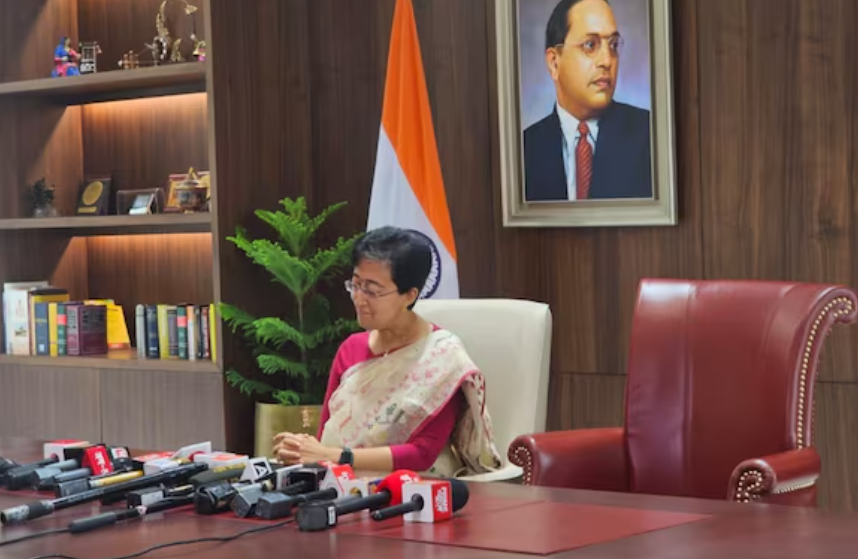Ambedkar Jayanti, an annual celebration in India on April 14, commemorates the birth anniversary of Dr. Bhimrao Ambedkar, also known as Babasaheb Ambedkar. Born on April 14, 1891, Dr. Babasaheb Ambedkar was a prominent social reformer, jurist, economist, and political leader. He played a pivotal role in drafting the Indian Constitution and advocating for the rights of marginalized communities in India.
 In several Indian states, Ambedkar Jayanti is observed as a public holiday, with government offices, schools, and colleges closed on this day. Dr. Ambedkar is revered as the champion of Dalit rights and the principal architect of the Indian Constitution. He was born in Madhya Pradesh’s Mhow, and each year, his birth anniversary is celebrated as Ambedkar Jayanti to honour his myriad contributions to the creation of modern independent India.
In several Indian states, Ambedkar Jayanti is observed as a public holiday, with government offices, schools, and colleges closed on this day. Dr. Ambedkar is revered as the champion of Dalit rights and the principal architect of the Indian Constitution. He was born in Madhya Pradesh’s Mhow, and each year, his birth anniversary is celebrated as Ambedkar Jayanti to honour his myriad contributions to the creation of modern independent India.
On Ambedkar Jayanti, people pay homage to Dr BR Ambedkar by offering flowers, lighting candles, and organizing cultural events.
History of Ambedkar Jayanti:
Dr Ambedkar, belonging to the Mahar caste, faced social discrimination in Hinduism. He eventually converted to Buddhism on October 14, 1956, in Nagpur, along with 500,000 supporters, after extensive study of the religion. Dr. Ambedkar played a significant role in eradicating the social evil of untouchability and advocating for the upliftment and empowerment of Dalits in India. His autobiography, “Waiting For A Visa,” documents many of his painful experiences and struggles.
Significance of Ambedkar Jayanti:
Ambedkar Jayanti is celebrated annually on April 14 to honour Dr. Ambedkar’s contributions to Indian society and to uphold his teachings and ideals. Dr. Ambedkar was a steadfast advocate of social justice, equality, and human rights. His ideas continue to inspire people worldwide.
Inspirational Quotes By Dr. Ambedkar:
1. “I gauge the advancement of a community by the extent of progress achieved by its women.”
2. “I admire the religion that advocates liberty, equality, and fraternity.”
3. “Strive for education, organization, and agitation.”
4. “The pursuit of knowledge should be the ultimate goal of human existence.”
5. “A true leader differs from a prominent figure in their willingness to serve society.”
6. “True freedom lies in the liberation of the mind.”
7. “I take pride in my nation, India, for upholding the values of democracy, socialism, and secularism in its constitution.”
8. “Law and order serve as the remedy for the ailments of the body politic; when it falls ill, treatment becomes imperative.”
9. “Focus on making life significant, rather than merely extending its duration.”
10. “History demonstrates that in the clash between ethics and economics, economic interests often prevail. Vested interests seldom relinquish power willingly; it often requires significant force to compel them to do so.”



